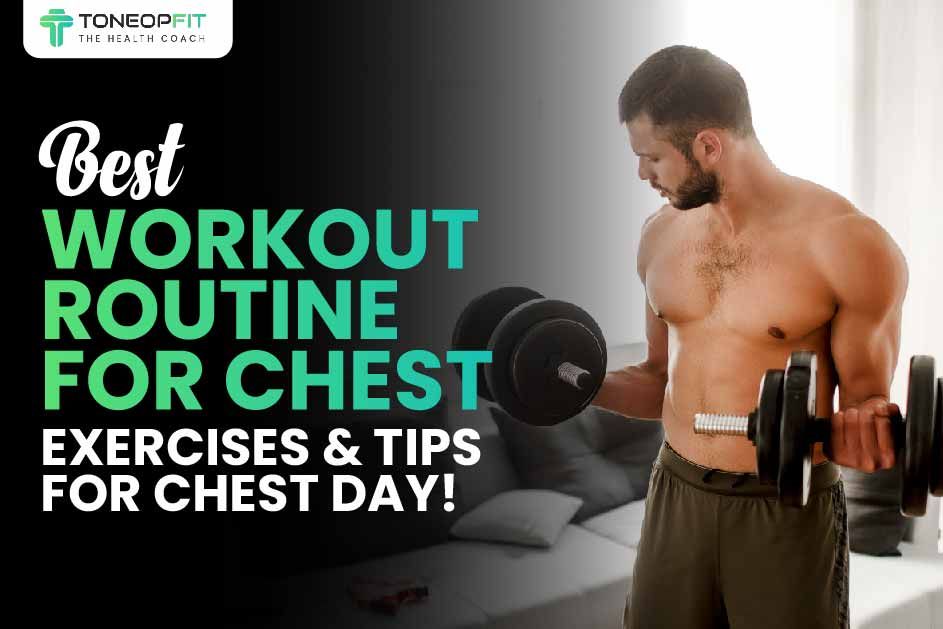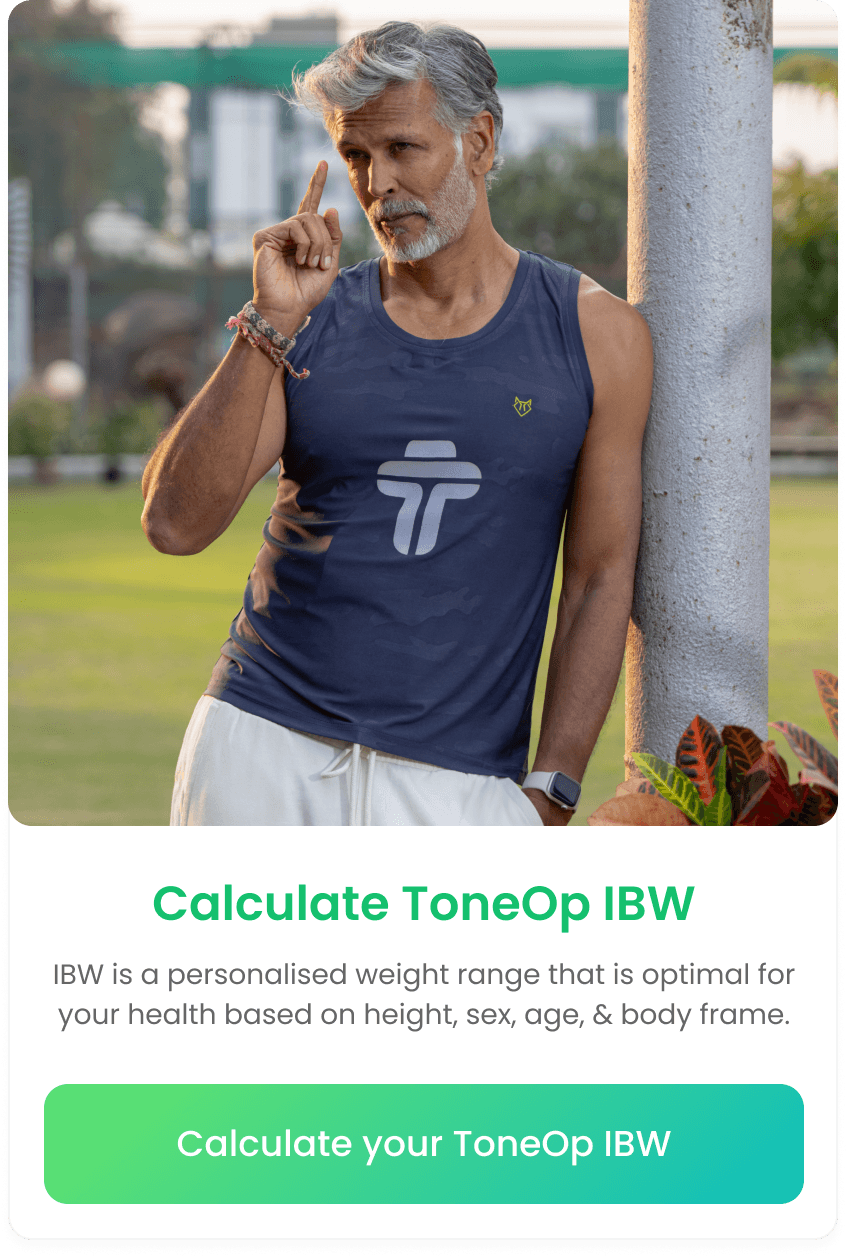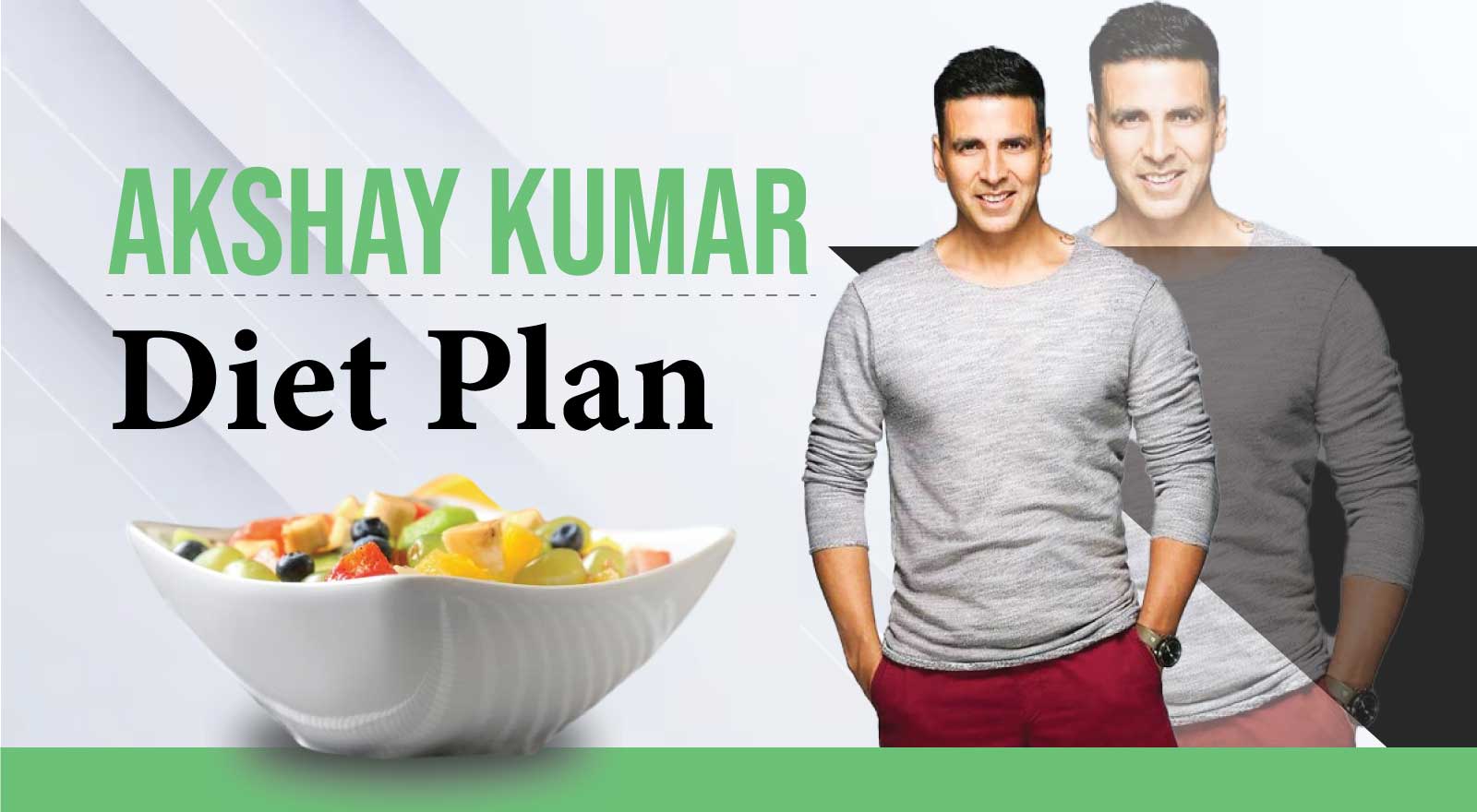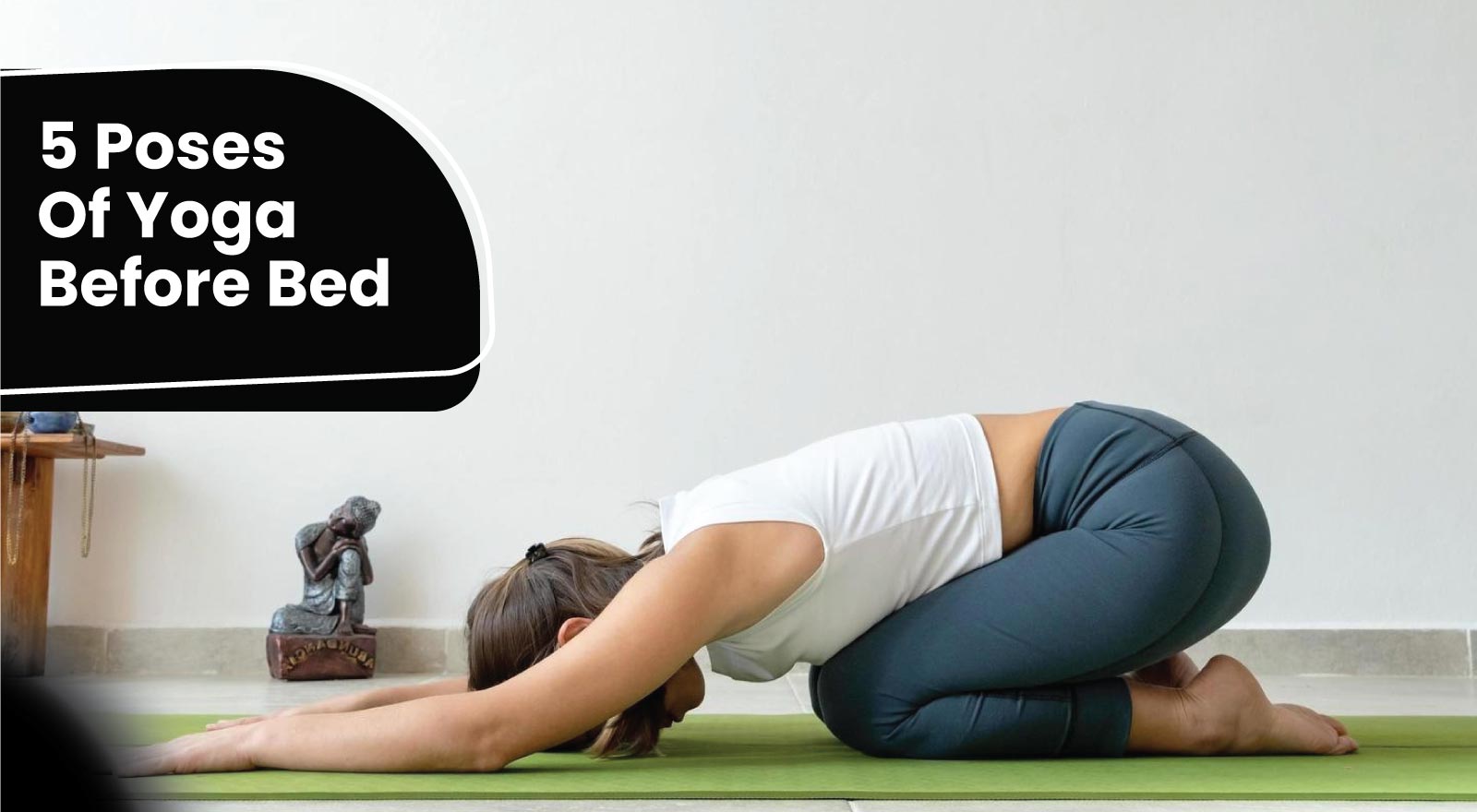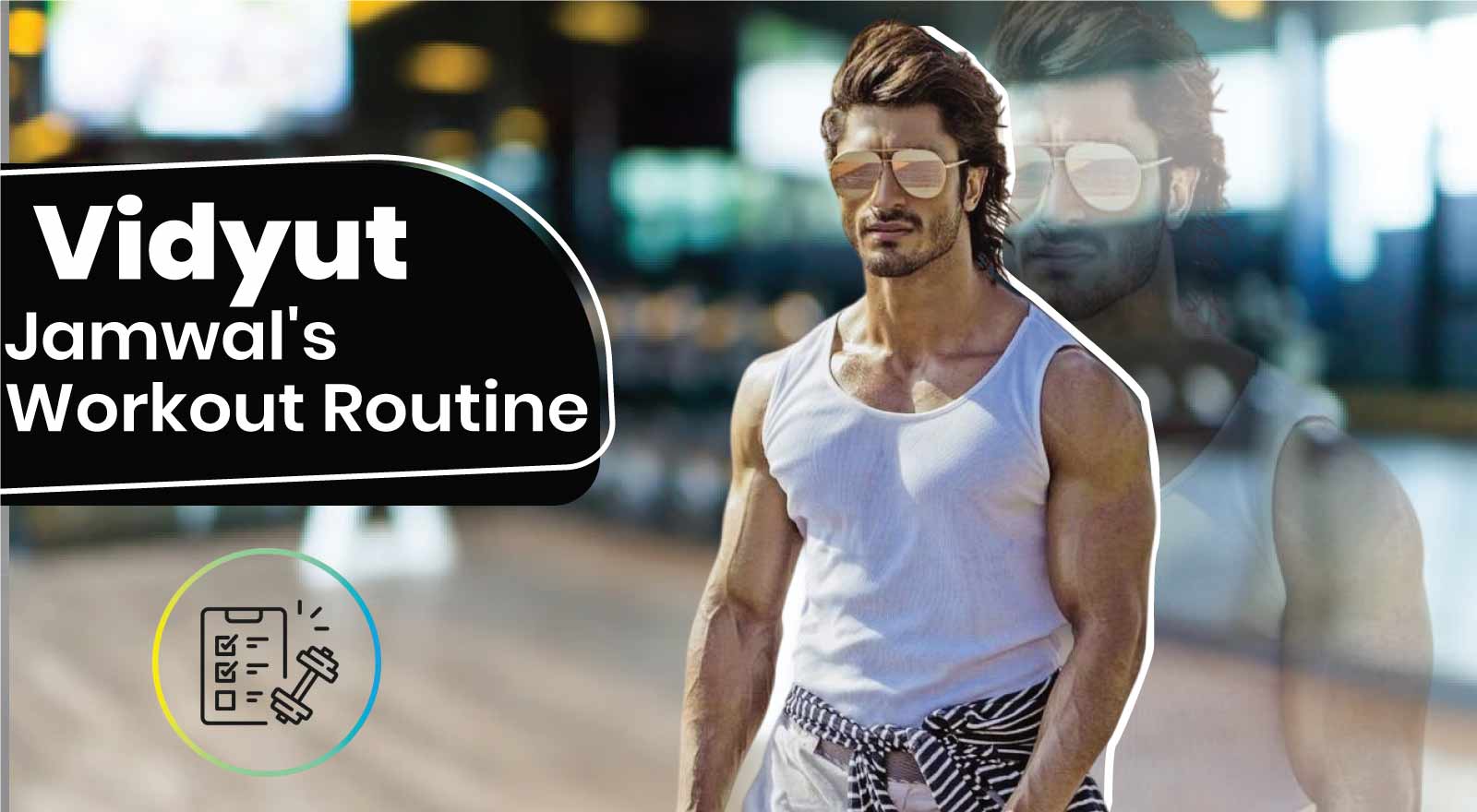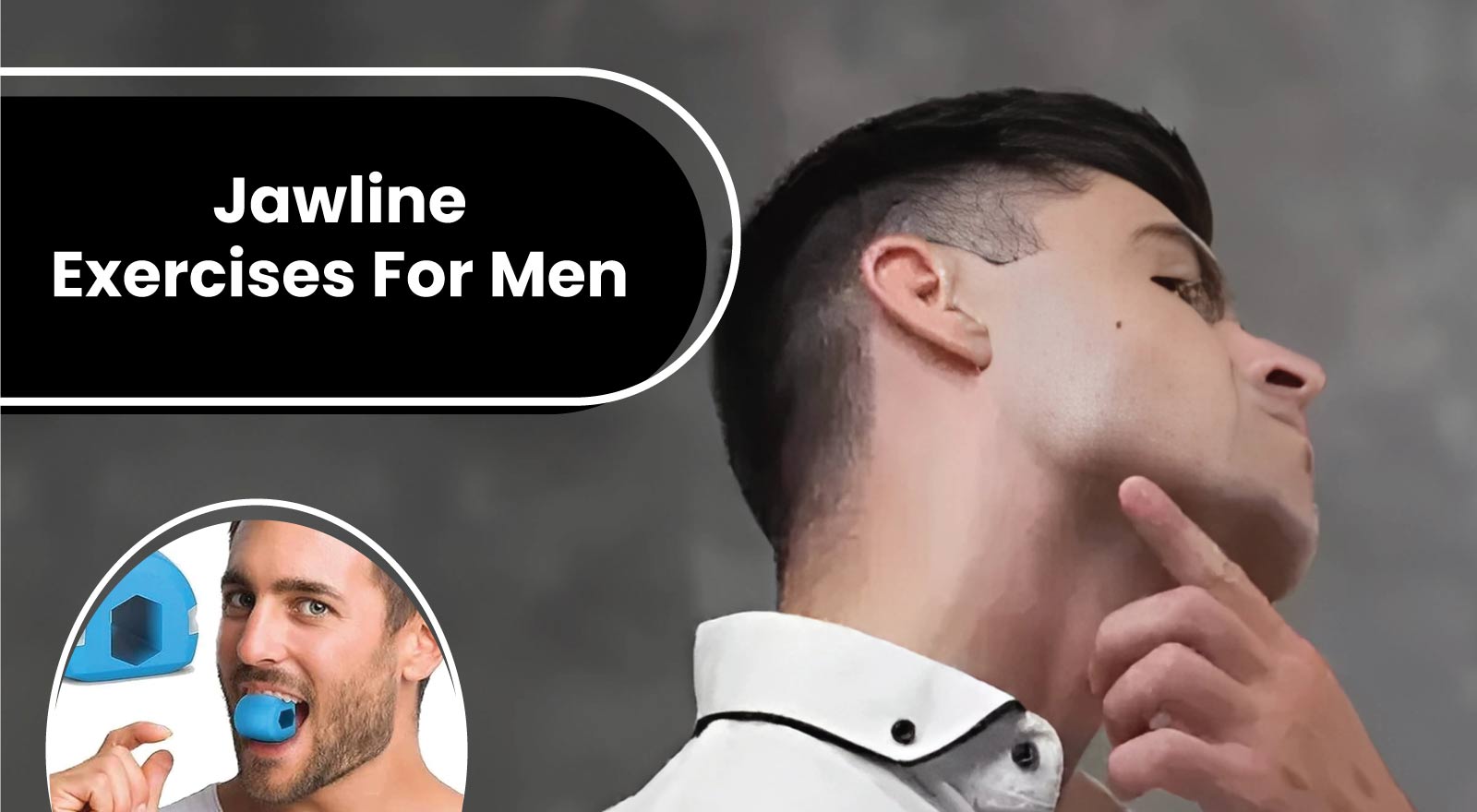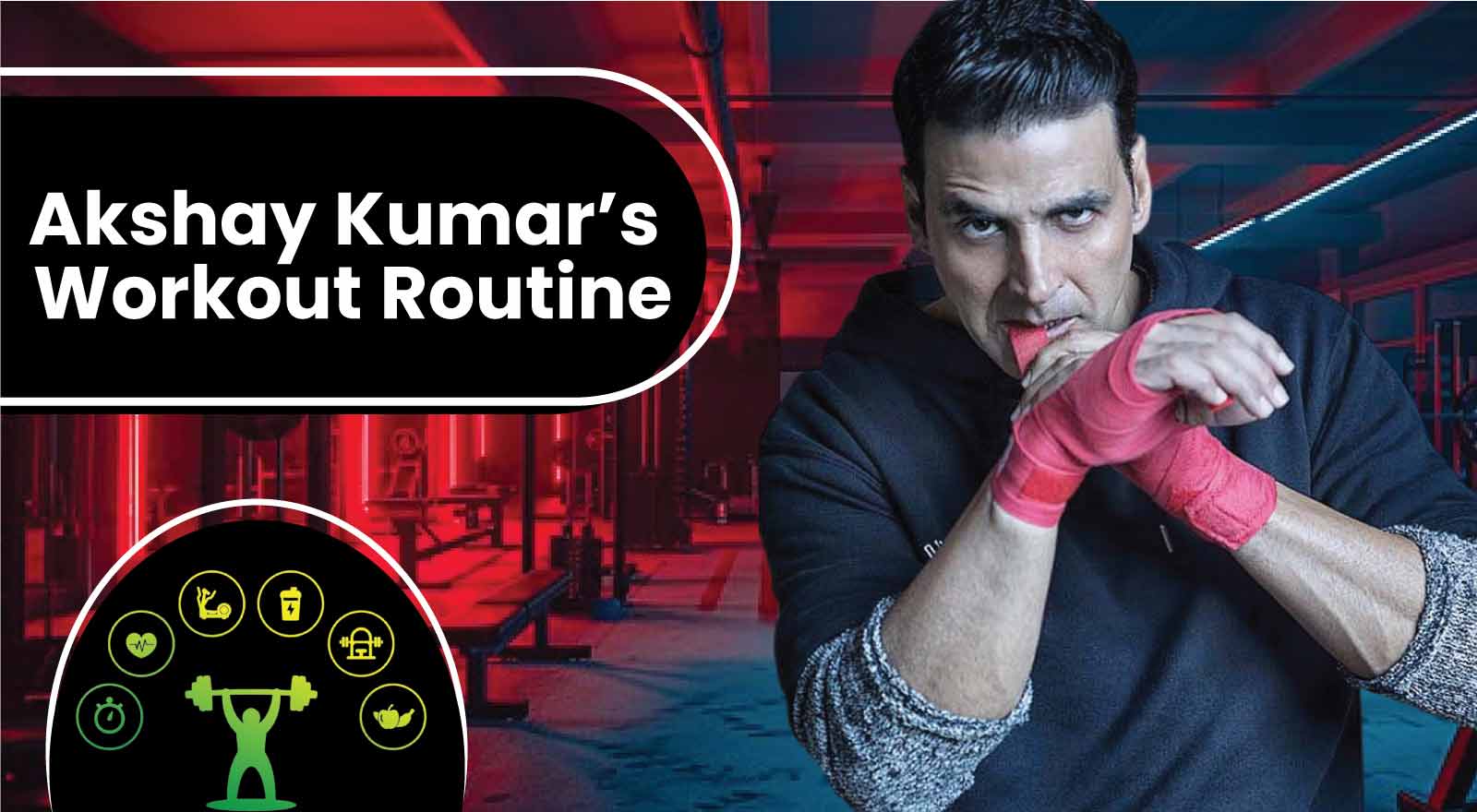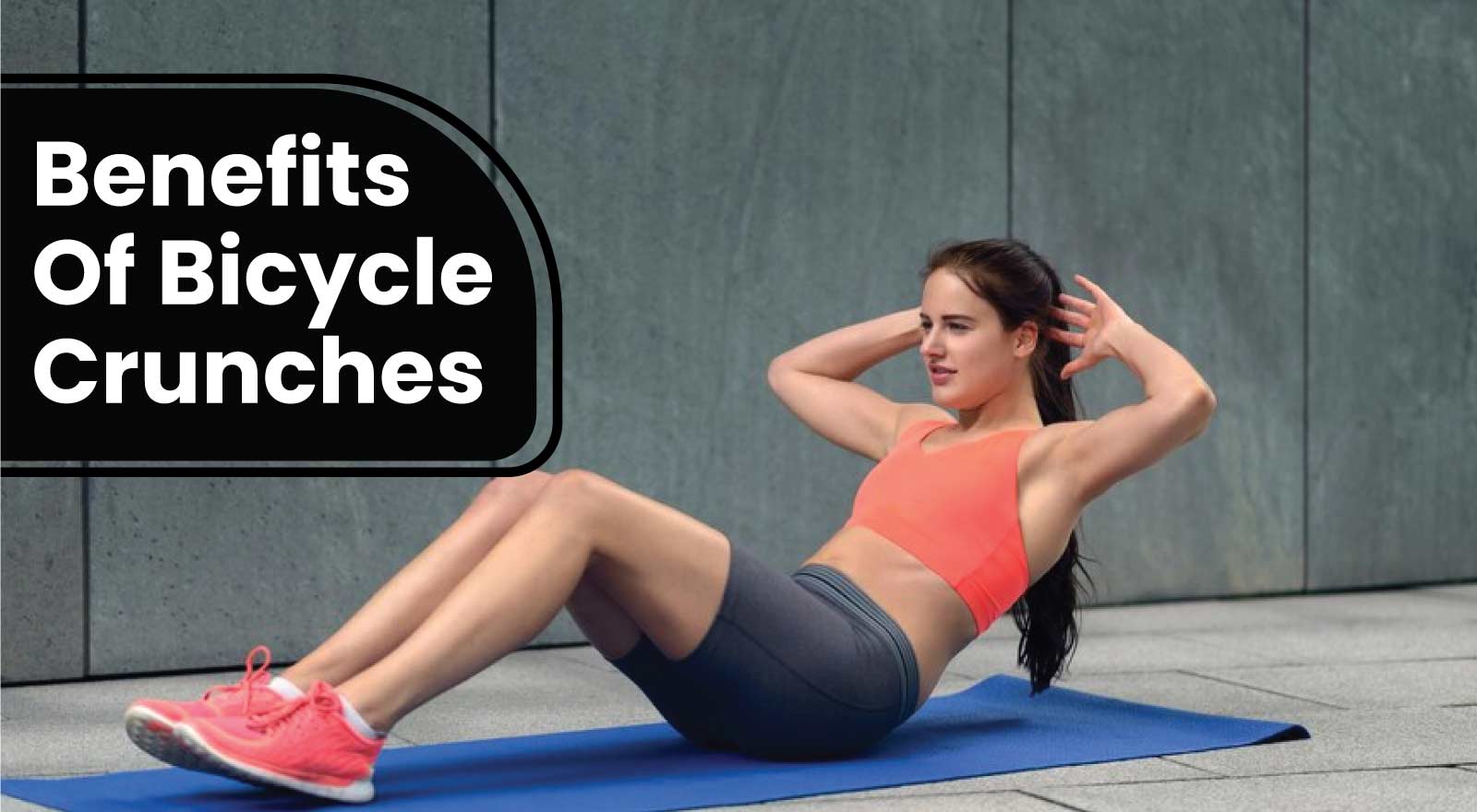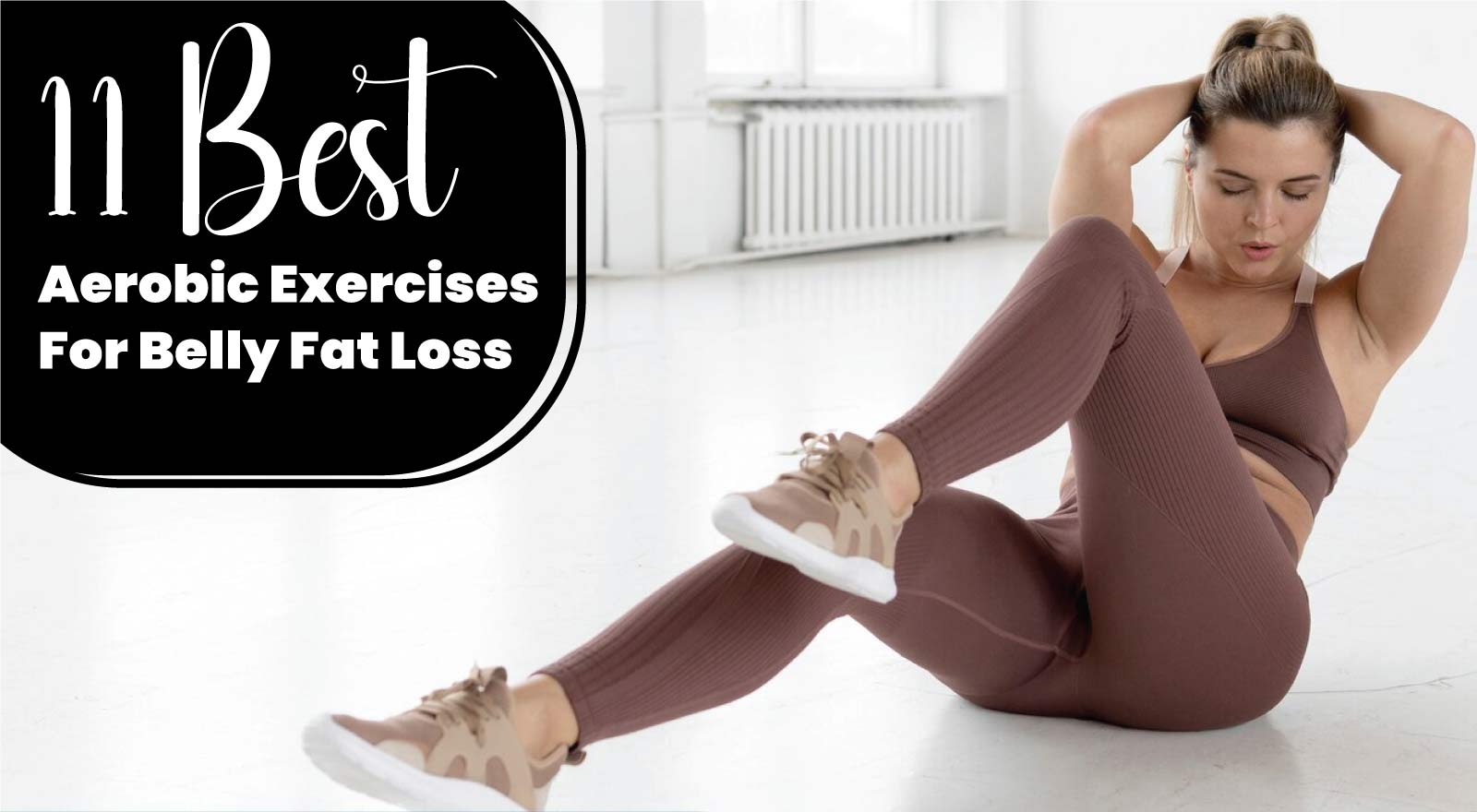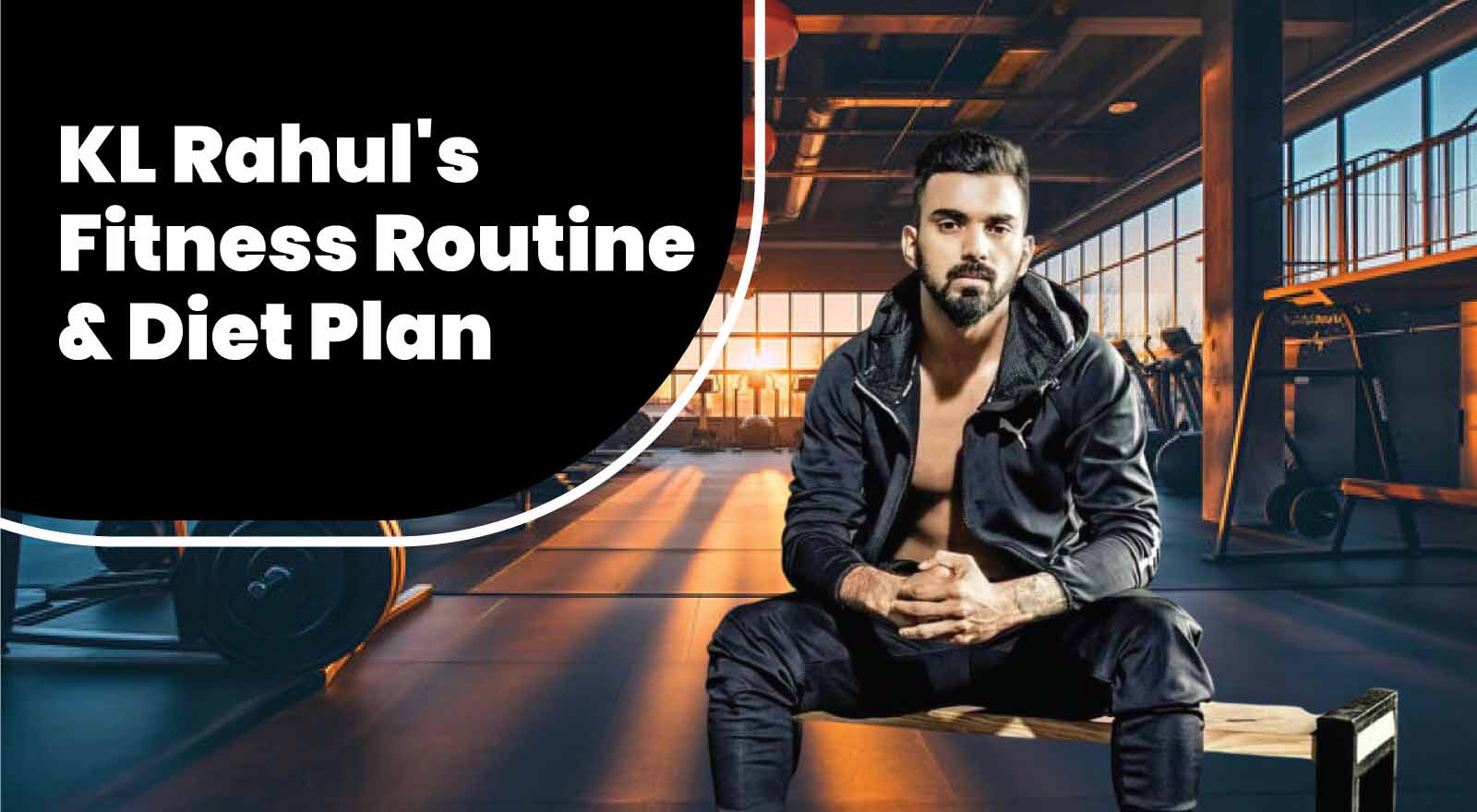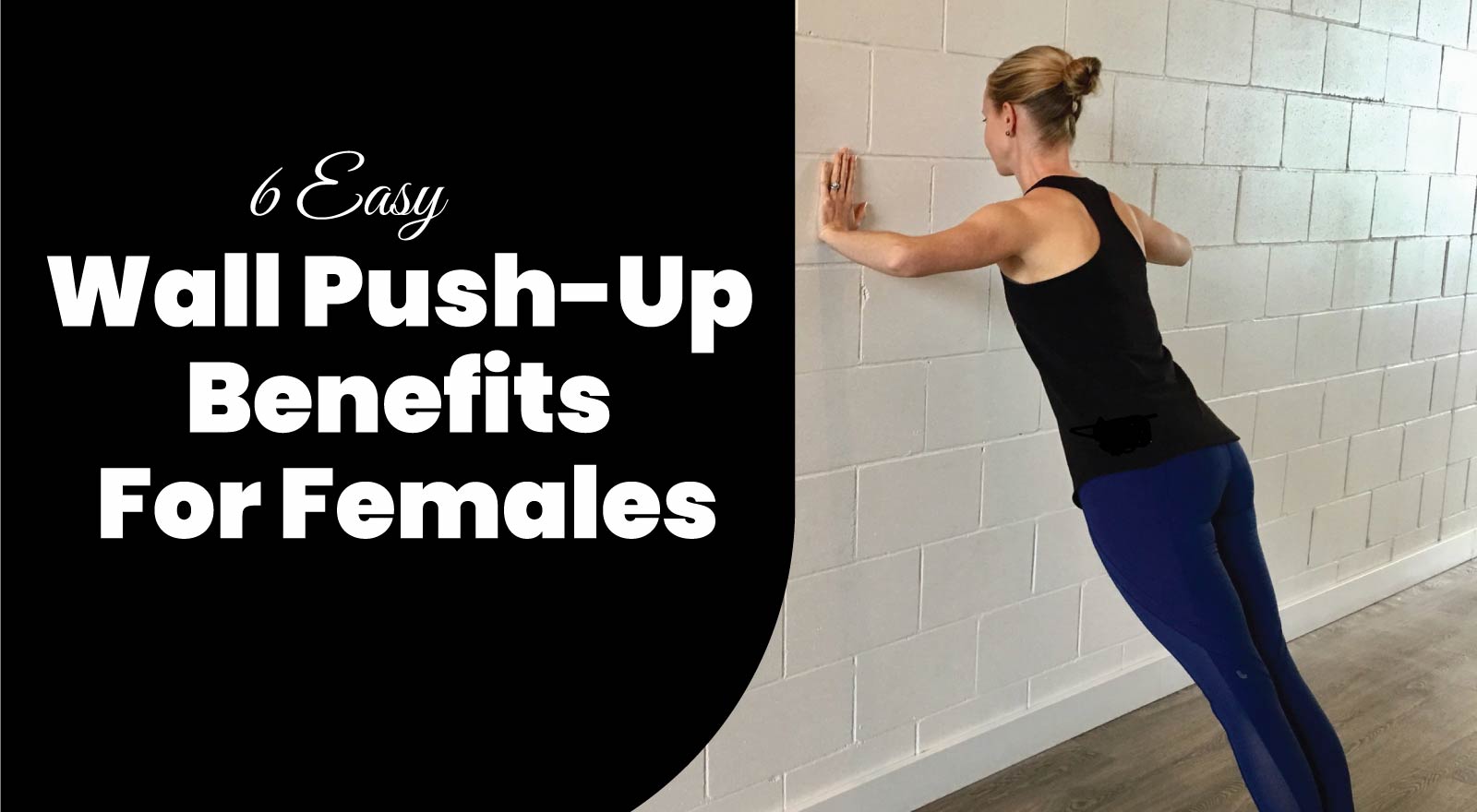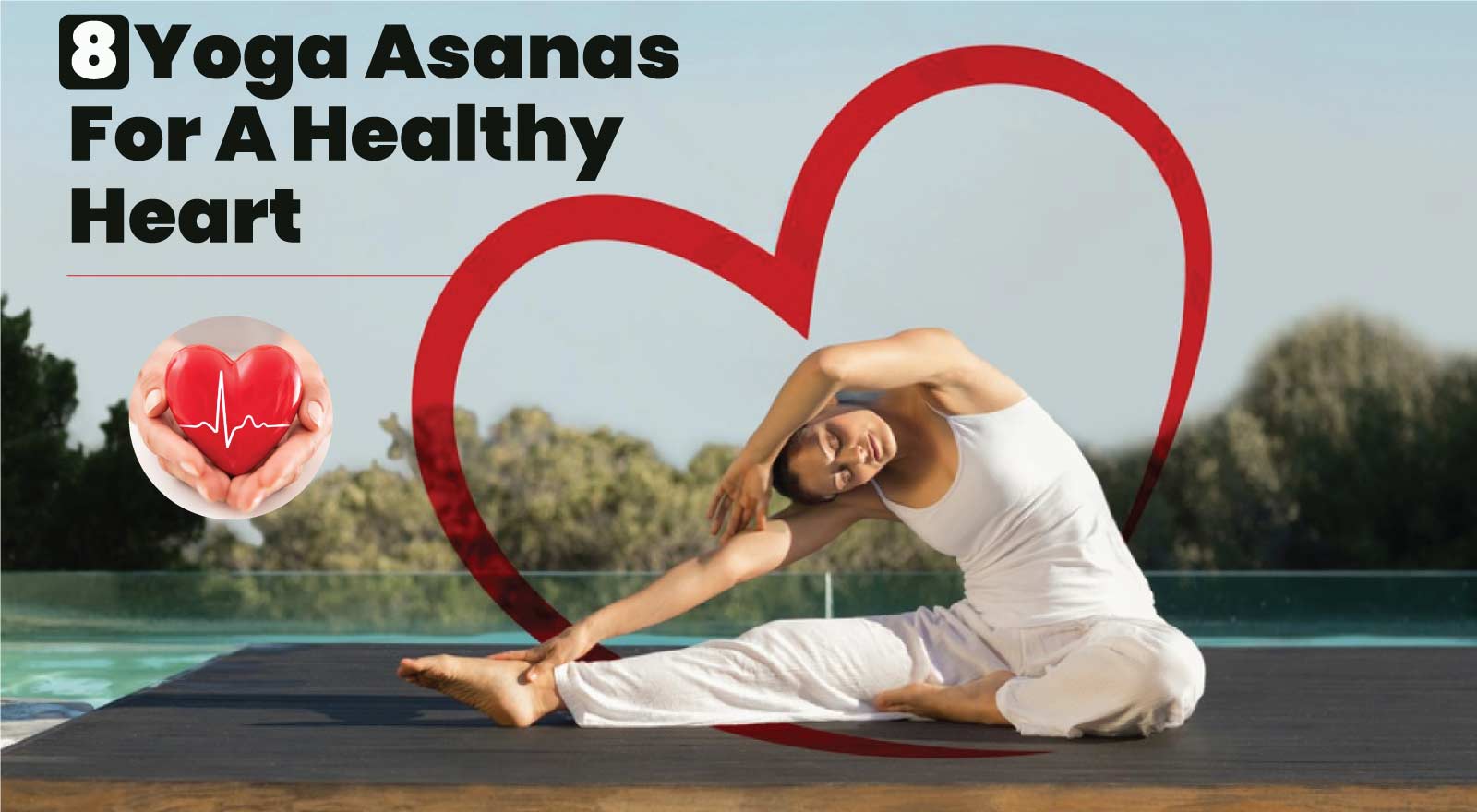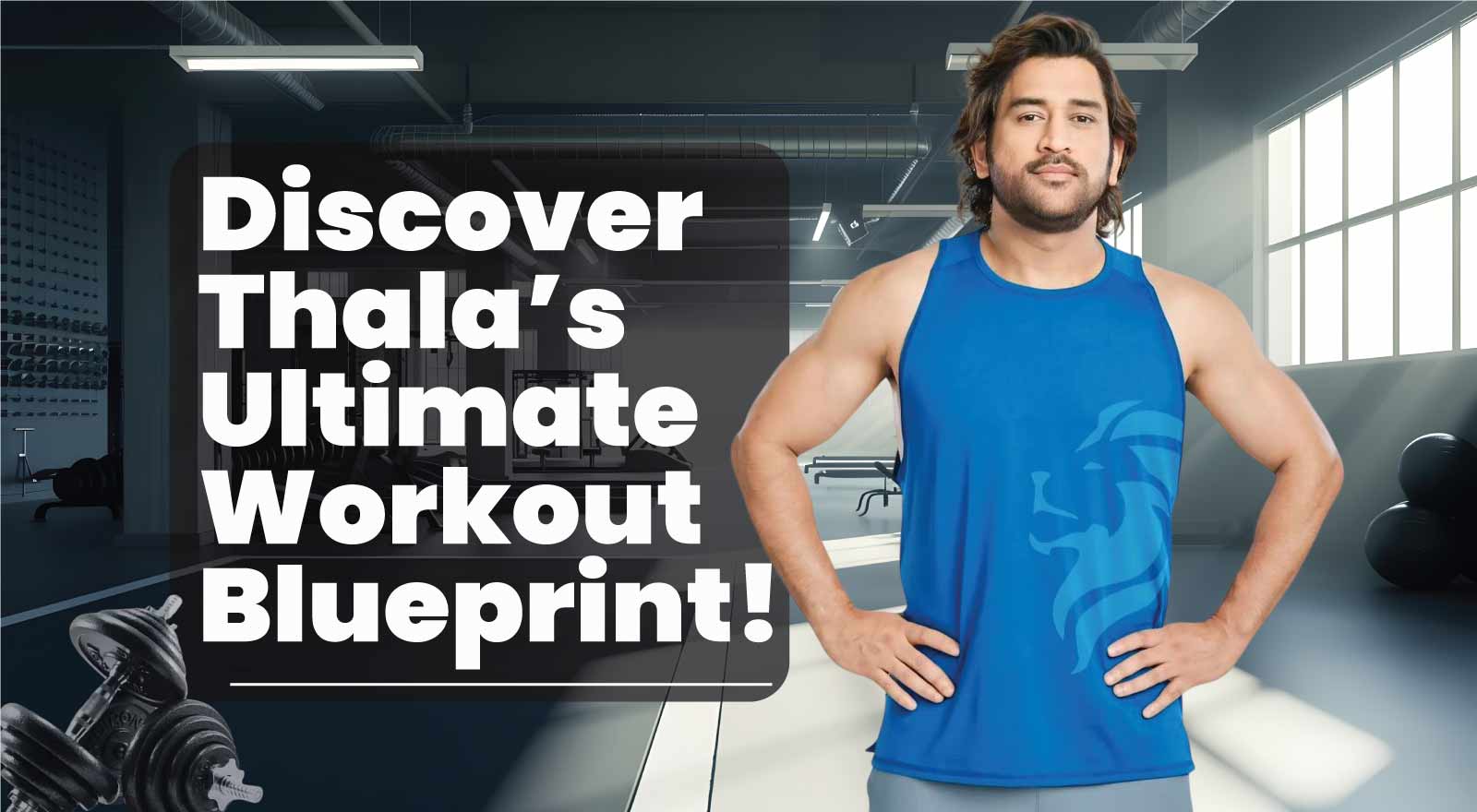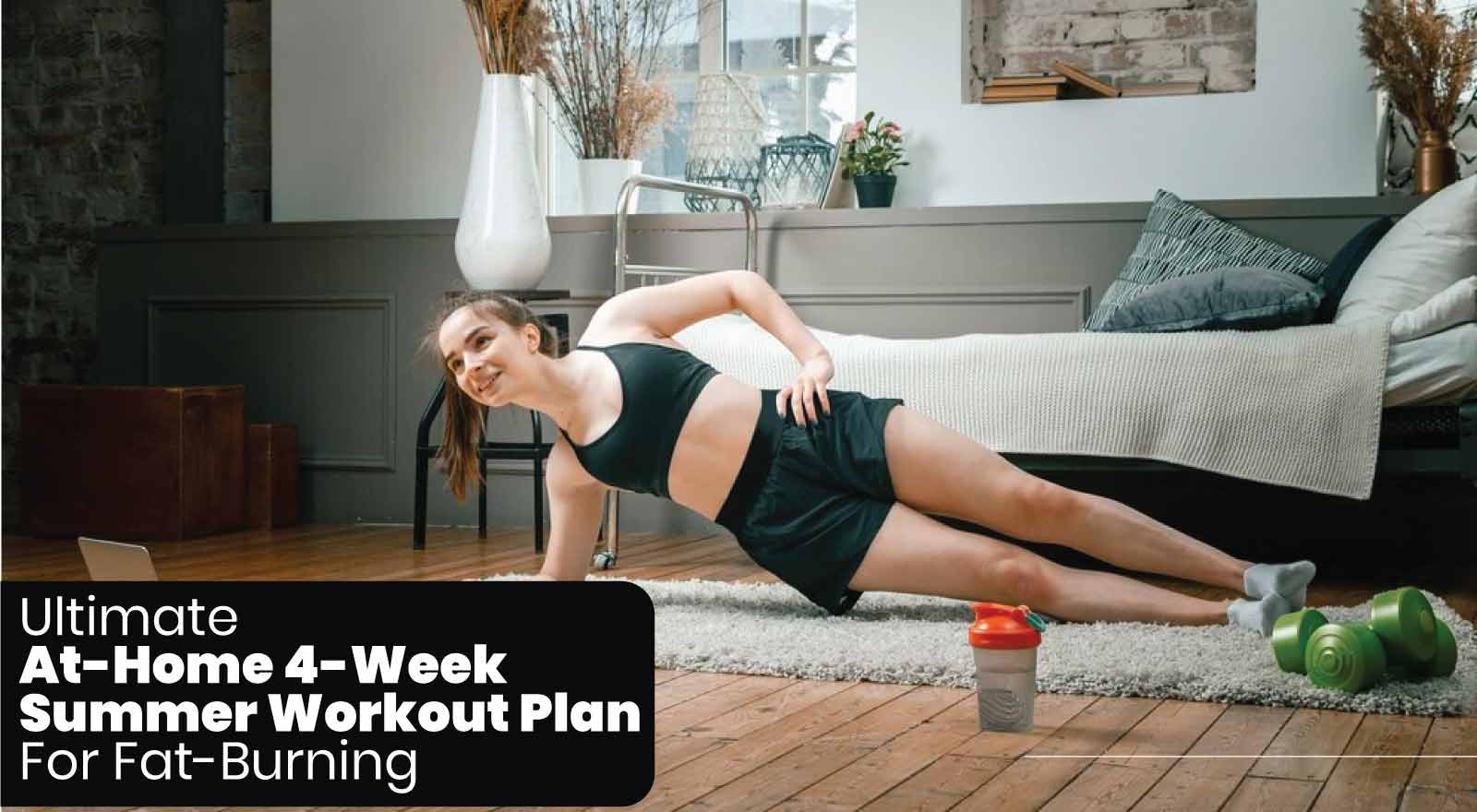The chest muscles play a chief role in our daily movements, whether we are tackling outdoor tasks like cutting tree branches with loppers or simply pushing open a door. They are highly essential for powerlifters aiming to excel in the bench press, a cornerstone of their sport. But beyond aesthetics, these muscles are crucial for functional movement as well, providing support for arm actions. A good workout routine for the chest targets key muscles like the pectoralis major and minor while also engaging supporting muscles like the shoulders and triceps. Consistency and proper technique are crucial for both effectiveness and safety.
Research has even shown that a broad chest and narrow waist, creating a low waist-to-chest ratio, are important from a health perspective and are often perceived as attractive in males. However, regardless of specific beauty standards, strengthening the chest muscles offers benefits for everyone, whether you are aiming for chiselled pecs or just wish to increase strength.
In this article, you will learn how to create the most effective workout plan for chest day as well as the best workout exercises for chest strengthening and toning.
Table Of Contents
1. Why You Should Have A Workout Routine For Chest?
2. What Gym Workout Is Best For Chest?
3. How Do You Structure A Chest Day?
4. Types Of Chest Muscles To Target
5. Expert Advice
6. The Final Say
7. FAQs
8. References
Why You Should Have A Workout Routine For Chest?
Your chest muscles play an important role in your everyday activities, which are as essential as pushing a door to open it, pushing the shopping cart, or lifting a child from the floor and holding him. The two main chest muscles, pectoralis major and pectoralis minor, facilitate shoulder movements. Strong chest muscles are also crucial for good posture. And building up your chest muscles can help you improve the stability of your shoulder and reduce any risk of shoulder injury. They're also vital to performing sports such as swimming, baseball, or tennis.
In females, hormonal changes often result in the breasts to grow. A common cause of chest fat in males is known as gynecomastia, i.e., an increased amount of breast gland tissue. Breast glands are present in both males and females, but they are usually small in males. You must make dietary changes if you are looking to engage in workouts for chest fat. Including some basic exercises in your workout program for chest that you must follow at least twice a week may help you lose chest fat.
Also Read: What Is Your Ideal Percentage Of Body Fat? Get The Answer Here!
What Gym Workout Is Best For Chest?

Each of the below-listed exercises in a chest workout routine targets the chest muscles from various angles and with varying degrees of intensity, making them collectively effective for promoting muscle growth and strength development. Scientific research using techniques such as electromyography provides evidence supporting the efficacy of these exercises in targeting the chest muscles and stimulating muscle hypertrophy. Let’s have a look at them:
1. Barbell Bench Press
The barbell bench press is a classic workout routine for chest and arms, primarily targeting the pectoral muscles. This compound movement efficiently engages not only the shoulders but also the triceps; thus, it promotes overall upper-body strength and muscle mass development.
How To Do It?
- Lie down on your back on a flat bench. Hold a barbell with hands having a proper grip, slightly wider than shoulder width. The barbell should be over your shoulders directly.
- Put your feet on the ground while your hips should be on the bench throughout the exercise.
- Keep your core engaged in the workout, and avoid arching your back.
- Slowly lift the bar by bringing it to your chest. Your elbows should bend out to the side, about 45 degrees away from your body.
- When your elbows are just below the bench, stop bringing down your hands. Your feet must be pressed on the floor while you push the bar back up to come back to the starting position.
- Do 5 - 10 reps, depending on the weight used. Perform at least 3 sets.
2. Dumbbell Flyes
Dumbbell flyes are an isolation exercise that specifically targets the chest muscles. By performing flyes, you can effectively stretch and contract the pectoral muscles, promoting muscle growth and enhancing chest definition.
How To Do It?
- Lie down on a flat incline bench on your back. Place your feet on the floor on either side of the bench. Your head and back should remain firmly on the bench throughout the exercise.
- Ask someone to hand over the 2 dumbbells or you can yourself pick them up from the floor and hold 1 in each hand. While picking up the dumbbells, be gentle and don’t rush.
- Lift arms above the head so they’re extended but not locked out. Your elbow should be slightly bent, and your palms and dumbbells should face each other.
- Slowly bring down the dumbbells in an arc motion until they are in alignment with your chest. Your arms must extend to the sides but should not be locked out. Don’t drop your arms lower than your shoulder level.
- Slowly press the dumbbells back in the same arc motion, but this time upwards.
- Perform 10–15 reps. Rest. Do 3 sets total.
3. Incline Dumbbell Press
The incline dumbbell press targets the upper portion of the chest, helping to develop the clavicular head of the pectoralis major muscle. This exercise not only enhances upper chest aesthetics but also strengthens the shoulder stabilisers and improves overall upper body strength.
How To Do It?
- Hold two dumbbells using the proper grip. Lie back on an inclined bench and extend your arms so that the dumbbells are above you.
- Pull your shoulder blades onto the bench and press through your feet to retract them. There should be an arch in your lower back that will help you to protect your shoulder joint.
- Take a deep breath, take the barbell back in your hand from the rack, and hold it right above you. Keep it straight.
- Repeat it by lowering the dumbbells until they lightly touch the mid-chest. Keep your elbows closer to your body.
- Push your arms through your chest, and extend the arms so you can lift the dumbbells. Your arms must be straight, and the dumbbells must be in line with your chest. This dumbbell workout routine for the chest must be repeated 2 -3 times a week.
4. Cable Crossovers
An exceptional exercise for isolating the chest, cable crossovers enable a full contraction of the pectoral muscles across the body's midline. Emphasising the squeezing motion at our chest centre enhances muscle activation and fosters hypertrophy in these specific muscles; this promotes an overall increase in size and strength within our chest cavity.
How To Do It?
- Place the handles at a level that is aligned with your shoulders.
- Set the cable handles to the level of your head or below the level of the shoulder for this exercise.
- Split your feet parallel to each other and lean forward at the waist. Your spine should be stable, and your back and head are straight.
- Engage your core, gently exhale and slowly squeeze your chest muscles inwards to pull your arms forward.
- Pull until both your hands come together in front of your chest.
- Repeat this for 5 - 10 reps and do 3 sets in total.
5. Push-Ups
As a versatile bodyweight exercise, they effectively target the chest, shoulders and triceps. Your chest strength, endurance and muscle definition improve when you perform them; simultaneously enhancing overall upper body stability– not to mention core strength.
How To Do It?
- Get on your arms straight and your hands slightly wider than your shoulders. Your legs must be in line with your back.
- Bring yourself down to the ground, bending your elbows and stop when your elbows are at 90-degree angles.
- Straighten your arms to push yourself back into your starting position to complete a rep.
- Complete as many reps as possible while maintaining proper.
How Do You Structure A Chest Day?
When planning your chest workout, it's all about setting up a routine that hits those chest muscles just right while also considering things like which exercises to do, how many sets and reps, and when to take breaks. Here is a simple breakdown of what a chest day might look like:
1. Begin With A Brisk Warm-Up (5-10 Minutes)
Get your muscles warmed up and ready to go with some light cardio, like a quick walk, bike ride, or rowing session. You can also do some dynamic stretches that focus on loosening up your chest and shoulder muscles to help prevent injury.
2. Incorporate Compound Exercise (3-4 Sets X 6-8 Reps)
Start your workout with a big move that works your entire chest, like a dumbbell workout routine for the chest with either a barbell or a dumbbell. Do 3-4 sets of 6-8 reps with a weight that challenges you, making sure to give it your all on those last reps. Don’t forget to take a breather for 2-3 minutes between sets to let your muscles recover.
3. Focus On Isolation Exercise (3-4 Sets X 10-12 Reps)
Target specific areas of your chest with isolation exercises like dumbbell flyes or cable crossovers. You should aim for 3-4 sets of at least 10-12 reps, focusing on controlled movements and squeezing those chest muscles at the top of each rep. Take shorter breaks of 60-90 seconds between sets to keep that intensity up.
4. Add In Optional Extra Exercises
If you're up for it, throw in another chest exercise, like incline bench presses or chest dips, to work those muscles from different angles. Do 3-4 sets of 6-10 reps while adjusting the weight and repetitions to match your fitness level.
5. Finish Strong With Burnout Exercise (Optional)
For an extra challenge, finish off your chest workout with a high-rep burnout exercise like push-ups until you can't do any more. Do 1-2 sets of 15-20 reps or until failure, really focusing on keeping good form and squeezing those muscles.
6. Conclude With Cool Down and Stretching (5-10 minutes)
Wrap up your workout with some light cardio to help your muscles recover and reduce any soreness. Finish with static stretches for your chest and shoulders, holding each stretch for about 15-30 seconds while taking deep breaths to relax your muscles.
Remember to listen to your body and adjust your workout as needed based on how you are feeling. And always prioritise proper form and technique to get the most out of your chest day while keeping yourself safe from injury.
Types Of Chest Muscles To Target
The chest muscles are also called the pectoral muscles and are crucial for a wide range of movements and stability in the upper body. Strengthening these muscles through targeted exercises not only enhances the appearance of the chest but also improves overall upper body strength, and movement efficiency, and reduces the risk of injury.
Types | Location | Key Role |
Pectoralis Major |
|
|
| Pectoralis Minor |
|
|
| Serratus Anterior | It extends from the first rib to the eighth or ninth rib along the lateral wall of the thorax (the area between the neck and abdomen) and runs along the scapula (shoulder blade).
|
|
| Subclavius | It is a small, triangular muscle situated beneath the clavicle (collarbone) across the shoulders. |
|
| Intercostal Muscles | A group of muscles located between the ribs forms the chest wall. |
|
Expert Advice
Your focus should be on maintaining a healthy diet to support overall well-being. One should stress the importance of including a diverse range of nutritious foods like fruits, vegetables, lean proteins, whole grains, and healthy fats in daily meals. These foods are nutrient-dense. They provide essential nutrients that aid in bodily functions, promote muscle repair, and aid in post-exercise recovery. It is also recommended to emphasise the significance of keeping yourself hydrated by drinking enough water throughout the day. The consumption of processed or sugary foods should be discouraged, and encourage mindful eating practices, such as paying attention to hunger cues and managing portion sizes. By following these dietary guidelines, individuals can properly fuel their bodies, enhance their performance during workouts, and sustain overall health and vitality.
Dt. Aditi Upadhyay
The Final Say
In summary, a well-designed workout routine for the chest is vital for enhancing strength, building muscle, and improving overall fitness. By including a mix of exercises that target different parts of the chest, like bench presses, flyes, and cable crossovers, you can effectively work those muscles from various angles. It is important to gradually increase the challenge over time, maintain proper technique, and allow for enough rest between workouts to see progress and avoid injury. Whether your goal is to bulk up, get stronger, or just improve your physique, sticking to a consistent chest workout routine that suits your needs and abilities is key. With dedication and smart planning, you can achieve noticeable results and enhance your chest muscles while minimising the risk of strain or injury.
FAQs
1. Is 4 exercises enough for chest day?
Ideally, 4 exercises are good enough for your plan to build the shape and strength of your chest.
2. Can I workout my chest every day?
It is not advised to workout any muscle of your body every day, be it the chest or anything else.
3. What are some workouts for chest fat reduction?
- Push-ups
- Dips
- Wall Squats
- Bench Press
- Cardio
4. What is the best workout routine for chest and triceps?
- Flat dumbbell chest press
- Incline dumbbell bench press
- Tricep rope push down
- TRX tricep extension
- Plank transitioning into push-ups
References
About ToneOp Fit
ToneOp Fit is a platform dedicated to improving and maintaining good health through a comprehensive range of goal-oriented health plans with up to 3 Coach support. With a range of Weight Management, Medical Condition, Detox Plans, and Face Yoga Plans, the app also provides premium health trackers, recipes and health content. Get customised diet, fitness, naturopathy & yoga plans and transform yourself with ToneOp.











